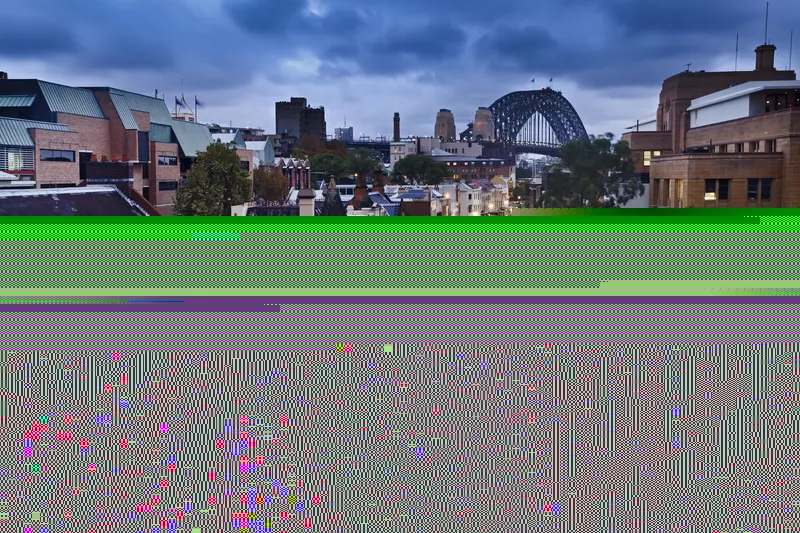
The Australian city of Sydney is turning to quantum physics to solve transport issues such as congestion.
Q-CTRL, a specialist in quantum computing technology, has entered a partnership with the New South Wales (NSW) government to explore the creation and management of a more resilient transport network.
Company founder and CEO Professor Michael Biercuk said: “This technology could completely transform the computing tools available to Transport for NSW in the next few years."
Quantum computers offer more processing capability than 'classical' computers, enabling them to tackle more complex problems more quickly, for example by the ability to run multiple possible scenarios simultaneously.
"The possibilities are endless," Biercuk added.
He explained that the focus in Sydney would be on 'dynamic' scheduling, "making sure that anytime something changes in the network, we're actually able to calculate fast enough how we should change the bus schedules, how we should update the ferry timetables, in order to meet the needs of our customers".
Andrew Constance, New South Wales minister for transport and roads, said: "This is a rare opportunity for some of our leading transport innovators and quantum computing experts to come together to tackle complex transport network management and congestion problems."
“Future applications of the technology could include mapping all transport modes and crowd movements simultaneously in real time, and automatically updating the schedule to solve disruption issues."
“We could see all trains, buses, ferries, trams and motorways essentially ‘talking to each other’ to find out where customers are and deploy resources where needed," Constance said.
The quantum computing research project is one of several initiatives being launched as part of NSW's Future Transport Technology Roadmap.










